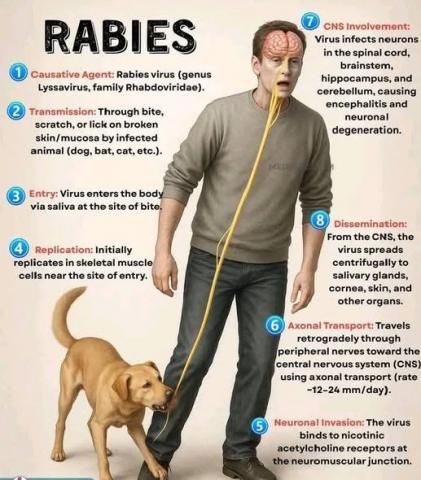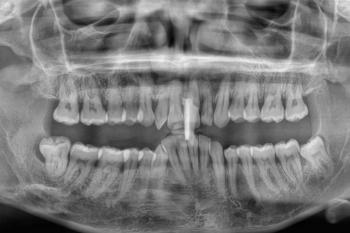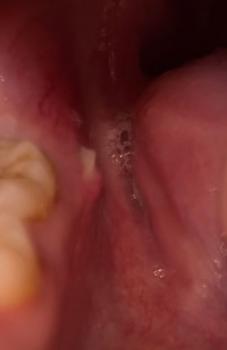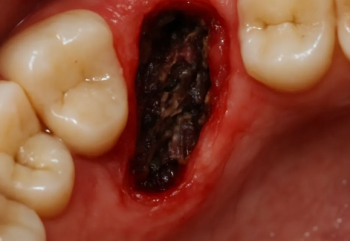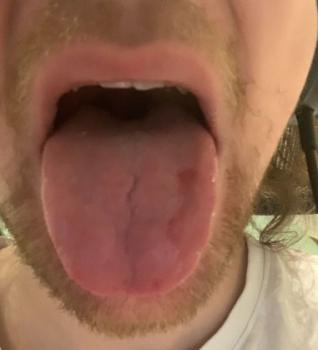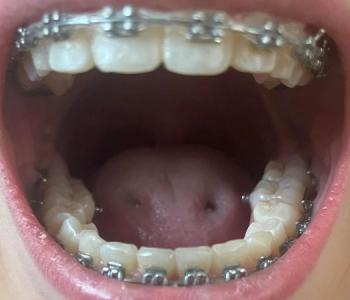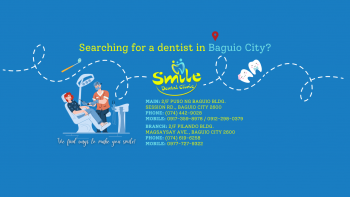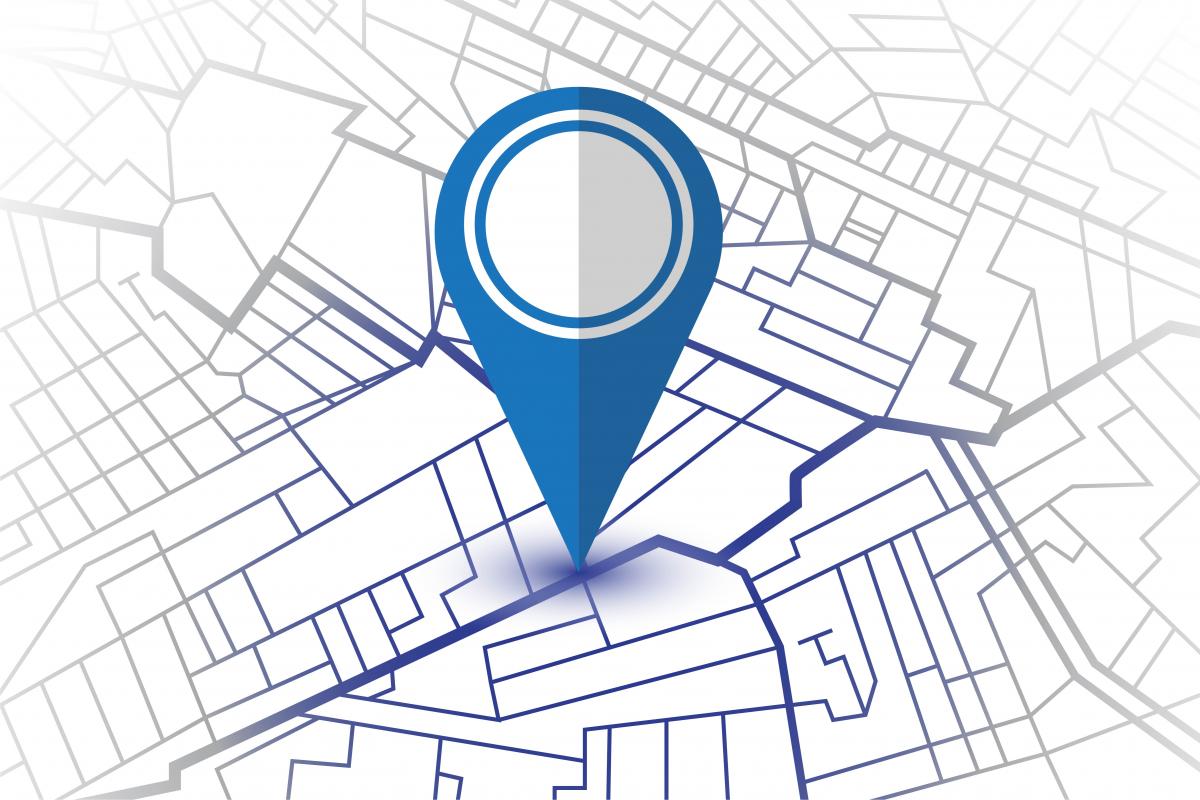Your Smile, Our Passion.
RABIES & YOUR TEETH: How This Deadly Virus Can Affect Your Mouth and Nerves
RABIES K!LLS — PREVENT IT EARLY
A single bite or scratch from an infected animal can transmit the rabies virus, one of the deadliest infections known to humans.
What most people don’t realize is that rabies doesn’t just attack the brain — it also affects the nerves connected to your mouth, gums, and teeth.
How Rabies Affects the Teeth and Oral Nerves
1. Entry Point: The Bite
When an infected animal bites near the mouth, lips, or face, the virus enters through the broken skin and saliva.
The mouth and facial area are filled with nerve endings — giving rabies a fast track to the brain.
2. Nerve Transmission
The virus travels through the nerves that control your face and teeth, spreading from the bite area into the trigeminal nerve, which connects to the teeth, jaw, and oral cavity.
This causes strange sensations like tingling, numbness, or burning in the mouth — one of the earliest warning signs before symptoms appear.
3. Pain and Sensitivity
As the virus invades, patients can experience severe jaw stiffness, tooth pain, or spasms in the mouth and throat.
Some describe it as a sharp “electric” feeling that radiates from the teeth to the head.
4. Hydrophobia and Muscle Spasms
The infection causes painful throat spasms that make swallowing or even drinking water extremely painful.
Jaw muscles tighten (a condition similar to lockjaw), affecting how the teeth come together and sometimes leading to clenching or grinding.
5. Neurological Breakdown
Eventually, the virus reaches the brain, causing confusion, paralysis, and death.
At this stage, there’s no cure — the only defense is early prevention.
How to Protect Yourself and Your Family
-
Vaccinate your pets regularly.
Dogs and cats are the most common carriers — keeping them vaccinated breaks the chain of infection. -
Wash bite wounds immediately with soap and running water for 15 minutes.
This simple act can dramatically reduce your risk of infection. -
Go to the nearest hospital immediately for rabies vaccination and immunoglobulin treatment — don’t wait for symptoms.
-
Educate your family — especially children — to avoid stray animals.
Why Dental Clinics Also Play a Role
Dentists are often the first to notice nerve-related symptoms in the mouth and jaw that could point to rabies exposure, especially in areas where the disease is common.
If you ever experience pain, numbness, or tingling in your teeth or jaw after an animal bite — seek medical help immediately.
Rabies Has No Cure — But It Is 100% Preventable
Protect yourself.
Protect your family.
Protect your pets.
Stay safe, stay protected!
Visit your nearest medical or dental care provider today:
Find a clinic near you in our directory
healthy food:

